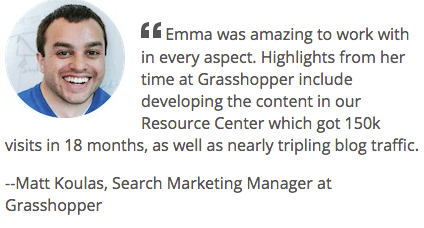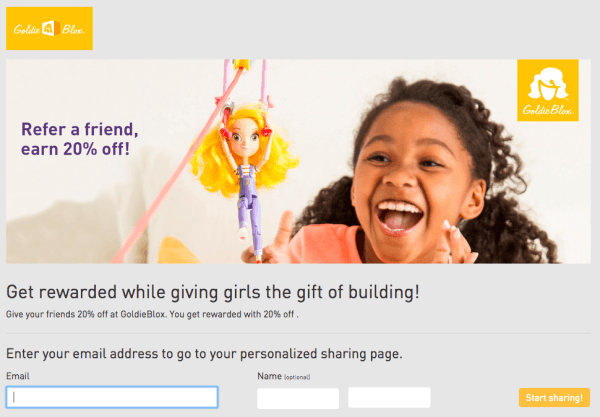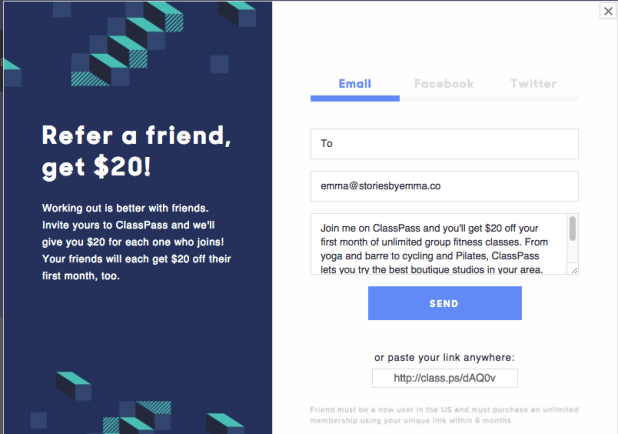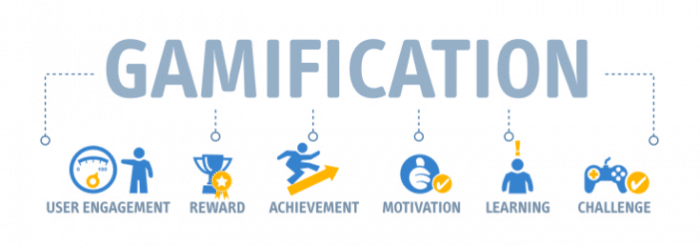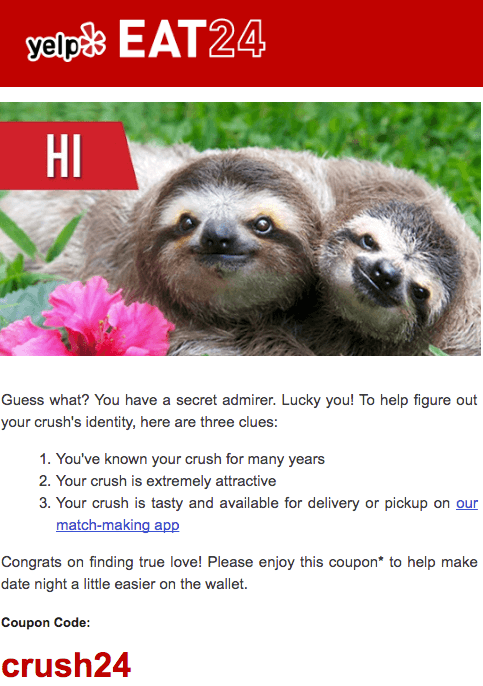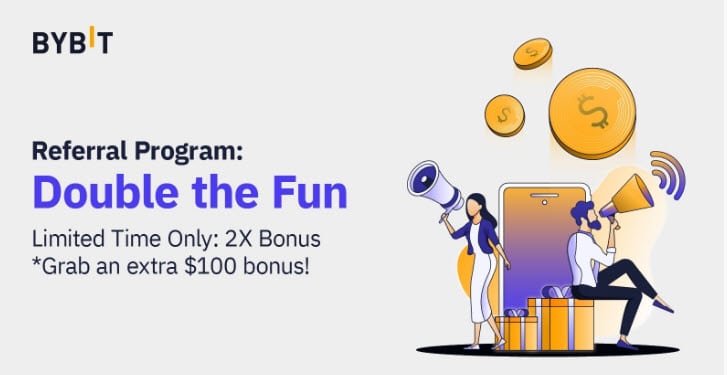As a marketer or business owner, you spend a lot of time thinking about how you can best reach your customers. Where are they hanging out online? What makes them tick? How can we provide them with products that make them so happy that they’d be willing to scream about them from the top of Mount Everest?
To answer these questions, marketers are increasingly turning to psychological principles. After all, psychology is the study of people, and marketers care deeply about what motivates people to click, buy, and participate in referral programs.
Yep, psychological principles can help you optimize your referral program so that loyal customers want to participate. In this post, we’ve pulled together 10 psychology-based hacks that can help you get more referrals:
1. Make yourself worth “spending” social currency on
Before focusing on your referral program structure, you need to ensure you’re giving customers reasons to refer you. Provide them with a product (and customer experience) that’s so great that they’re happy to reciprocate by referring you.
It’s all about that social currency — people will only share something with friends if it makes them look cool, helpful, or like an authority.
They won’t share anything that they think would set their friends back. But they’ll “spend” social currency on you, and make you look valuable too, if they think that “investment” will increase their own social capital.
2. Prove it with social proof
Social proof is a psychological principle that says that people look to others when they’re trying to read a situation. So, for example, when someone comes to your website, it helps to show testimonials from people who’ve purchased your products and services.
Most of us have social proof on the front pages of our website, but why not prove customers are happy with your referral program? It’s rare to see any social proof on a referral program page, or in a referral program email.
Having customer testimonials can help increase the conversion rate of people completing your referral process.
3. Show similarities and commonalities
What do you and your customers have in common? Psychology says that when people see similarities between their situation and the situation that others are in, they’ll be more likely to act.
So, try highlighting those similarities on your referral page. Ask your current sharers why they signed up for the referral program and how they would describe it, and use that language to encourage others. It’s one of the best copywriting techniques.
The funny part of this proven theory is that you don’t even have to have the same interests as your customers for this technique to work. For example, if you have a professional photo and you look similar to your customers and the people they know, they’re more likely to trust you.
Seems a bit shallow, right? It’s just human nature.
4. Enlist reciprocity
People are much more likely to do something if they get something in return, but many referral programs don’t give anything first. Many referral programs encourage customers to refer their friends without giving any reward. Why would these customers bother making that referral?
Instead, ask yourself “What am I giving them?” before asking customers to make a referral. If customers don’t see any benefit for joining and spreading the word, then chances are they probably won’t.
It’s all about picking a reward people actually want to earn — and putting it front and center. Even though people will only refer awesome products and experiences, they won’t actually share unless they know what’s in it for them.
Make sure that reward is compelling. Will people actually use it? Does it reflect the value of a referral? And advertise the reward in your program headlines where they’ll see it instantly.
5. Give the friend a reward
Sure, people want to know what’s in it for them. But to really drive referrals, you should also let them give a reward to their friends.
It’s all about how the sharer thinks. People don’t want to “sell out” their friend just to earn a reward of their own. That feels way too self-serving. So, they won’t feel as motivated to share with friends if they’re the only one getting something out of it.
Letting people reward the friend changes the conversation to feel more altruistic. Who doesn’t want to help their friend out and give them an exclusive gift? It also lets the sharer gain social capital in their friend’s eyes, because the friend is thankful to receive a reward and find out about something cool.
A headline that says “Give your friend $25 (and get $25 for yourself)” looks way better than one that says “Refer and you get $25.”
Added bonus: On the friend’s end, your business offer will look way more compelling. Since their peer gave them a reward, they’re much more likely to click on the message their peer sent, and are ultimately more likely to become your new customer.
6. Gamify the reward experience
People love video games because it’s satisfying to complete goals. Think of how rewarding it is to reach the next milestone or unlock another achievement.
A tiered referral program works the same way, because it offers higher-value rewards as people make more referrals. It gamifies the experience (makes it feel like a game), which gets people eager to keep sharing and earning. Gamify this even more with a progress bar that displays how many shares someone needs before the next reward.
7. Or, create a lower barrier to entry
If your budget is tighter and tiered rewards don’t make as much sense for you, don’t worry. There’s another rewards psychology hack you can use insted. Give a higher reward for just the first referral. This drums up excitement quickly and gets more referrals in the door with a lower barrier to entry.
8. Get a small commitment first
Here at Referral Rock, we’ve often asked a happy customer for a review or testimonial before asking for the referral. This is a pretty small ask, and most of our customers are willing to review us.
This strategy gets someone committed to a small action before asking for the bigger action of participating in our referral program. It also loops them into who we are and what we do, and encourages these customers to get more connected with our team.
9. Show you’re an authority
When Peep Laja speaks on conversion, people listen. That’s because they trust Peep’s advice. Peep is the authority on conversion optimization.
Show that you’re an authority when asking for the referral. Displaying some of that social proof on your referral page can help.
People also love to share things that make them look better. Give customers some material to brag about you to their friends. If you’re an authority and highly sought after, it’s something a lot of people would like to show off.
10. Use scarcity
You pull into a shopping mall and there is one spot left in the front and you’re going to have to park a 10-minute walk if you don’t get this spot. It’s you and one other car racing for it. Parking spots are scarce, and you want this one. That’s scarcity. Scarcity makes people act.
Marketers often use scarcity to encourage people to convert, use discounts, or participate in referral programs. For example, Eat24 provides weekend coupons, but they can only be used on the weekends. If you don’t act before Sunday night, you’ll miss out on the discount. This strategy encourages people to take advantage of the discount while it’s available.
You can easily apply this principle to your referral program. Try offering people a higher-value referral reward for only a limited time, such as close to a holiday or during a historically slow sales month. And make sure they know the increased reward is only available for a short period, so they need to share now.
Psychology can help you out
Psychology isn’t just for psychiatrists, therapists, and research assistants. It can also help small business owners and marketers optimize their marketing. Try employing these hacks in your referral programs, and see how they work for your program.

